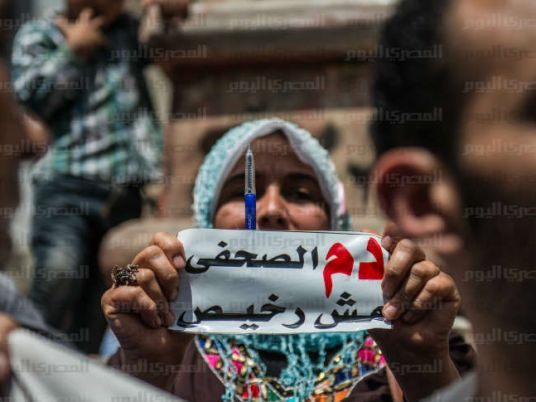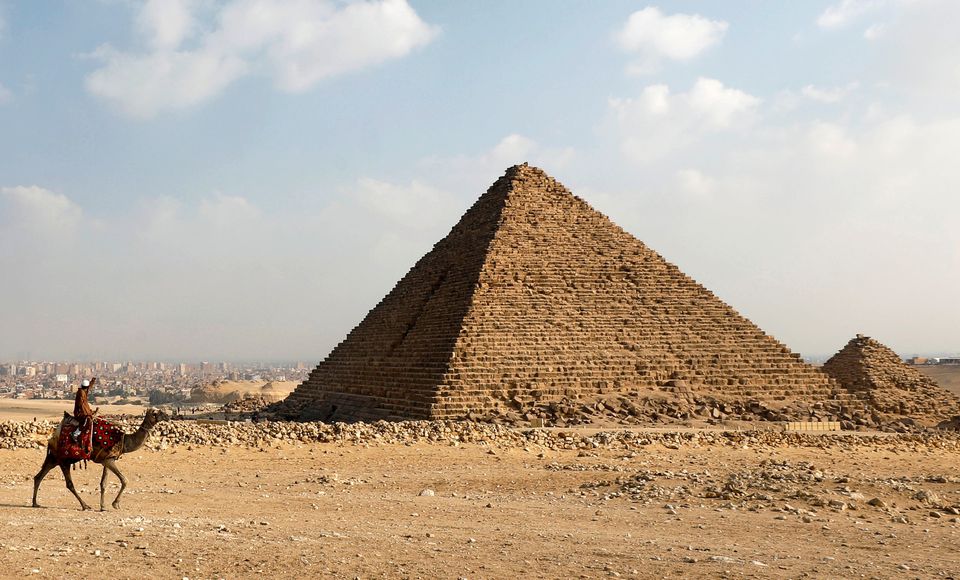
The Human Rights Documentary Organization (HRDO) center to support digital expression released a report on Monday which discusses the role of electronic media in political change through the term "digital democracy".
Digital democracy means to employ digital technology tools to exchange information related to democratic practices. Social media has played an enlightening role in changing the features of political life in Egypt by providing the free flow of information and shedding light on corruption.
The report points out that the political role played by social media depends on the environment that users grew up in. With the presence of citizen journalism, it has become difficult to control cyberspace and hide the regime's weaknesses in spite of attempts made by some authorities to reduce the freedom granted to social media users.
The report discusses the articles related to press in the Constitution including articles 25, 31 and 70, and the laws regulating press freedom. Moreover, it emphasizes that press derives its strength from its freedom and independence, thereby offering alternatives and contributing directly to socio-political growth in reaching social change.
“The press and media play an alternative role in political accountability, censorship and public opinion guidance, which is what led the government to limit its influence in several ways,” the report read.
The press in Egypt has been facing a fierce wave of attacks since the historical constitutional recognition in the 1971 Constitution was removed in both the 2013 and 2014 constitutions, which considered press as a popular, independent authority, just as the legislative and executive authorities are.
Additionally, the government has issued strict legislation, most recently the cybercrime draft law, that would impose state censorship on electronic newspapers and social media.
“Perhaps one of the most prominent restrictions on the press and alternative media was exercised by the security forces in the form of journalist arrests while covering political events or confiscating issues of some newspapers, sometimes prohibiting publishing stories related to the state or public concern,” the report read.
Egypt Independent reported on Sunday that these violations on journalists have increased by 68 percent, according to the Association for the Freedom of Thought and Expression's mid-year bulletin.
These violations included arrests, illegal detention, physical abuse, prevention of field coverage and enforced suspension of work. It also included storming the headquarters of various press and media institutions.
The HRDO argued that these abusive actions never lead to the establishment of a democratic state based on respecting the rights and freedoms of citizens to express their opinions. “The state’s policy of curbing freedom of expression is a failed experiment, which led to the collapse of many regimes,” the report said.




